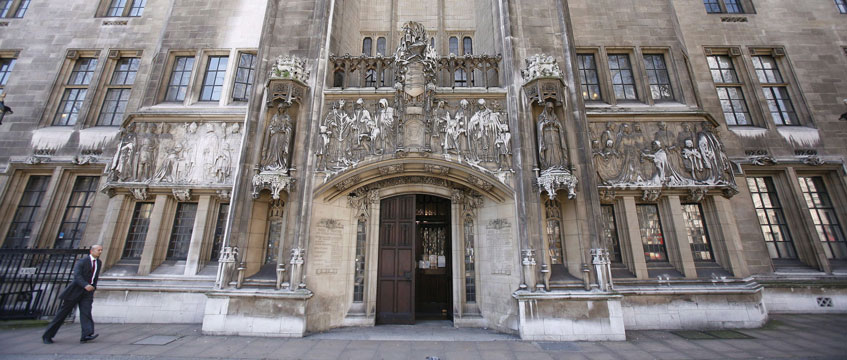The Supreme Court will next week be asked to rule on a case between a contractor and a leaseholder which could push future construction disputes into expensive, protracted litigation rather than cheaper, faster adjudication.
The dispute is between construction company Simply Construct (UK) LLP and care home provider Abbey Healthcare.
Simply Construct built the Aarandale Manor care home, which is in the London suburb of Mill Hill, in 2016. In 2017, Abbey took on the long lease and in 2018 fire safety defects were discovered which were rectified by another contractor.
According to an earlier ruling in the case, after pressure from the freeholder Simply entered not a collateral warrantee agreement with Abbey agreeing that it “has performed and will continue to perform” all of its obligations under the original building contract.
Abbey and the freeholder then took Simply to adjudication to cover the costs of the repairs and were awarded close to £1m. Simply refused to pay, saying that the adjudicator could rule on construction contracts, but not warrantee, so had no jurisdiction.
This led to further litigation and in March 2022 the Court of Appeal agreed that the adjudicator did have jurisdiction as the warrantee counted as a construction contract under the terms of the Housing Grants, Construction and Regeneration Act 1996.
Simply appealed the case to the Supreme Court, and a five-judge panel will hear the case on 29 April.
Francis Ho, a partner at law firm Charles Russell Speechlys, said that the issue is “hugely controversial.”
“Why is this such a concern? It’s because, under a construction contract, each party has an automatic right to refer a dispute to adjudication. That’s fast, pretty cheap and, due to those plus other reasons, mostly unattractive to warrantors, who tend to be on the receiving end. They’d rather defend a claim in the courts or in arbitration,” he said.
While it has already been established that collateral warranties, in certain circumstances, can be considered to be construction contracts, there is some uncertainty about whether this applies if, as in this case, the work has been completed before the warrantee is granted, Ho said.
A ruling in this case should settle that issue.
Abbey Healthcare (Mill Hill) Ltd (Respondent) v Simply Construct (UK) LLP (Appellant)
Supreme Court 29 April 2024









